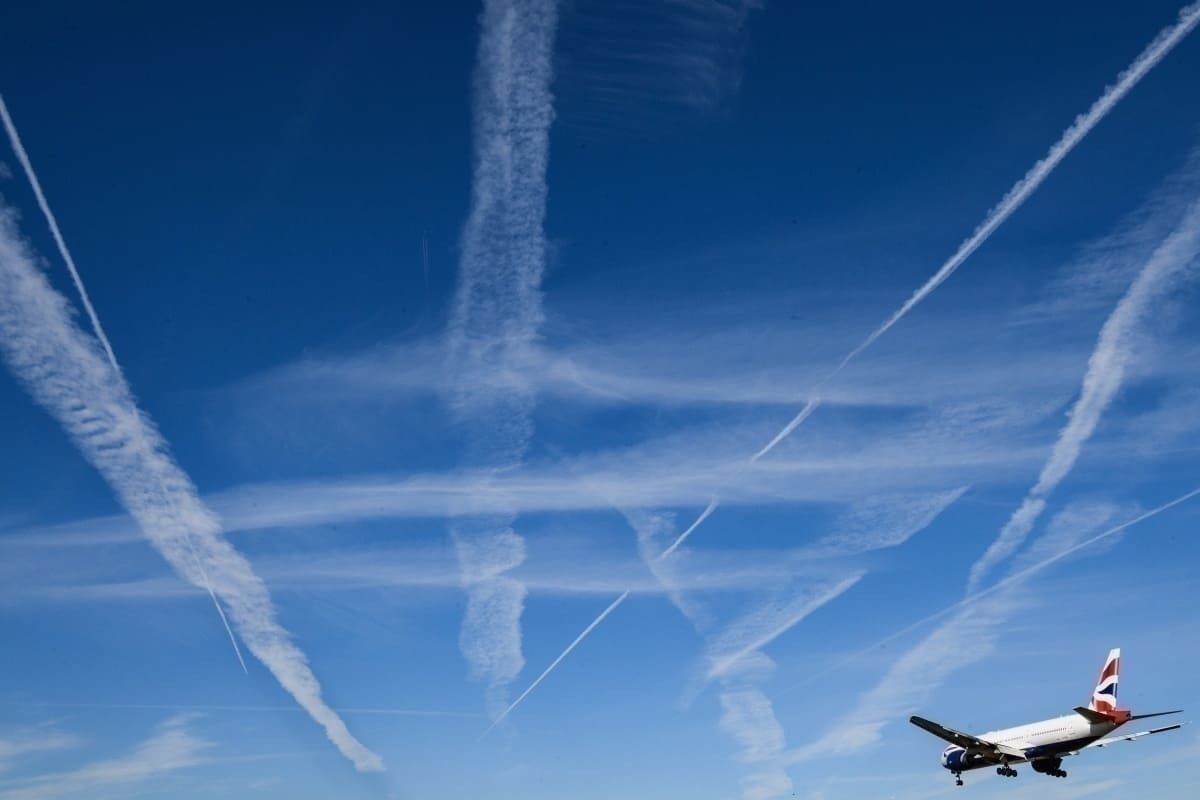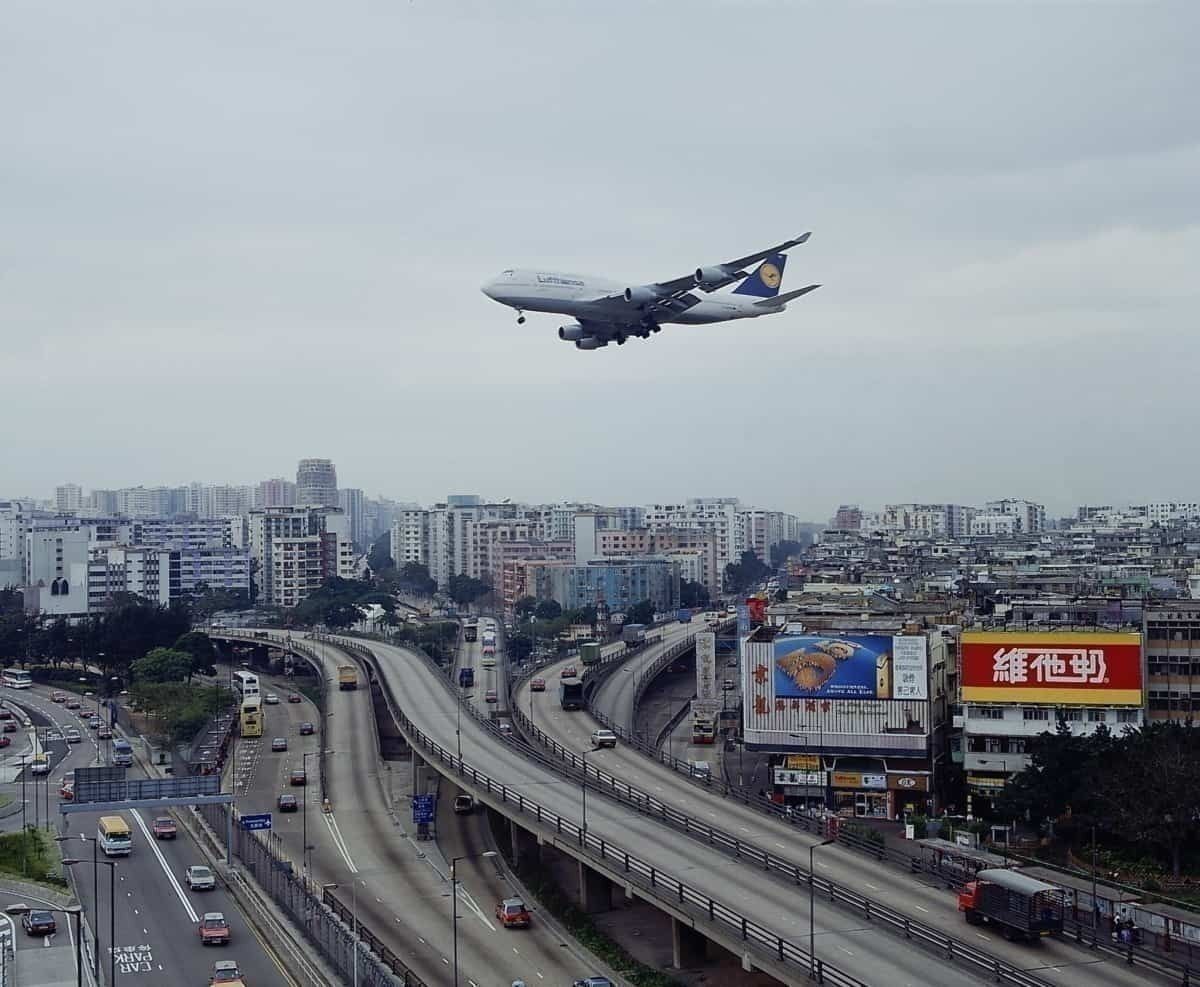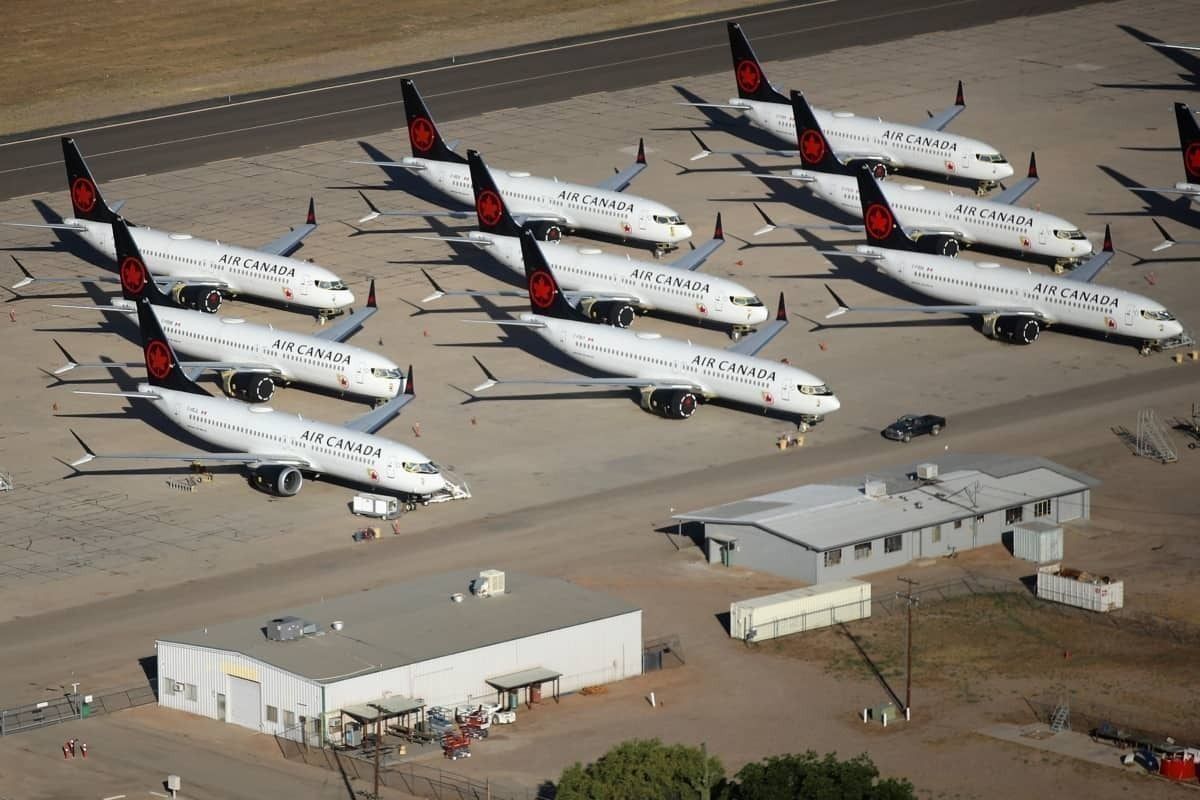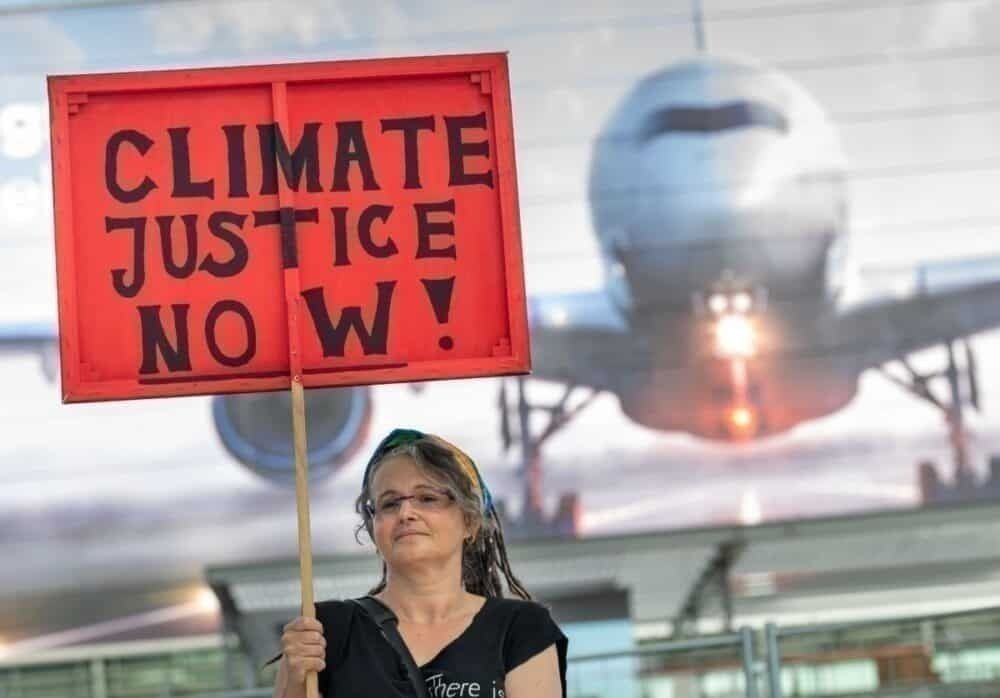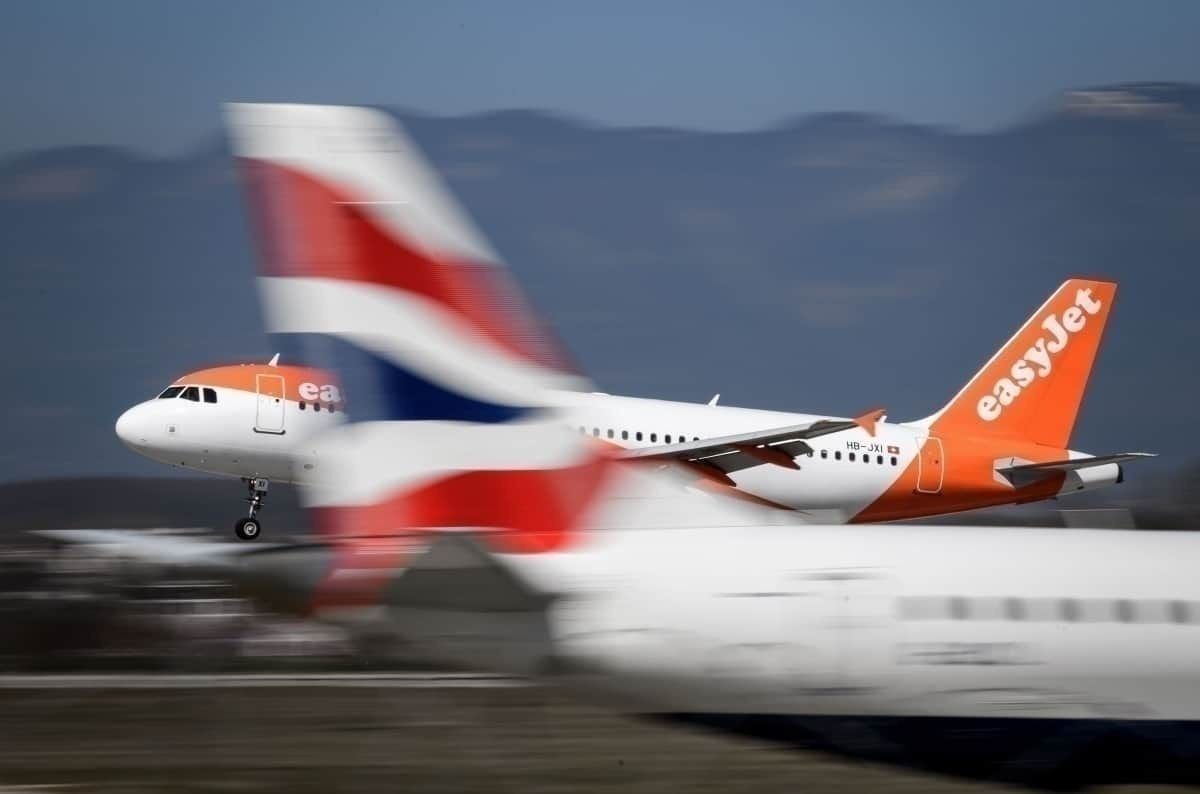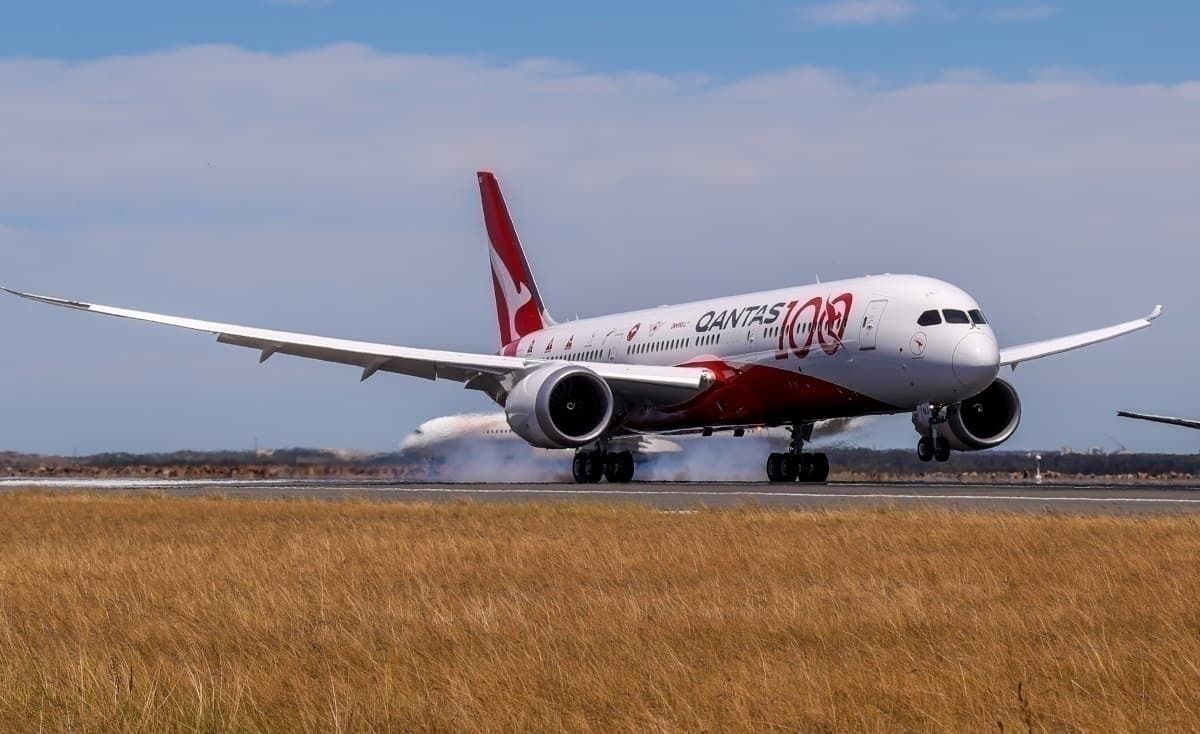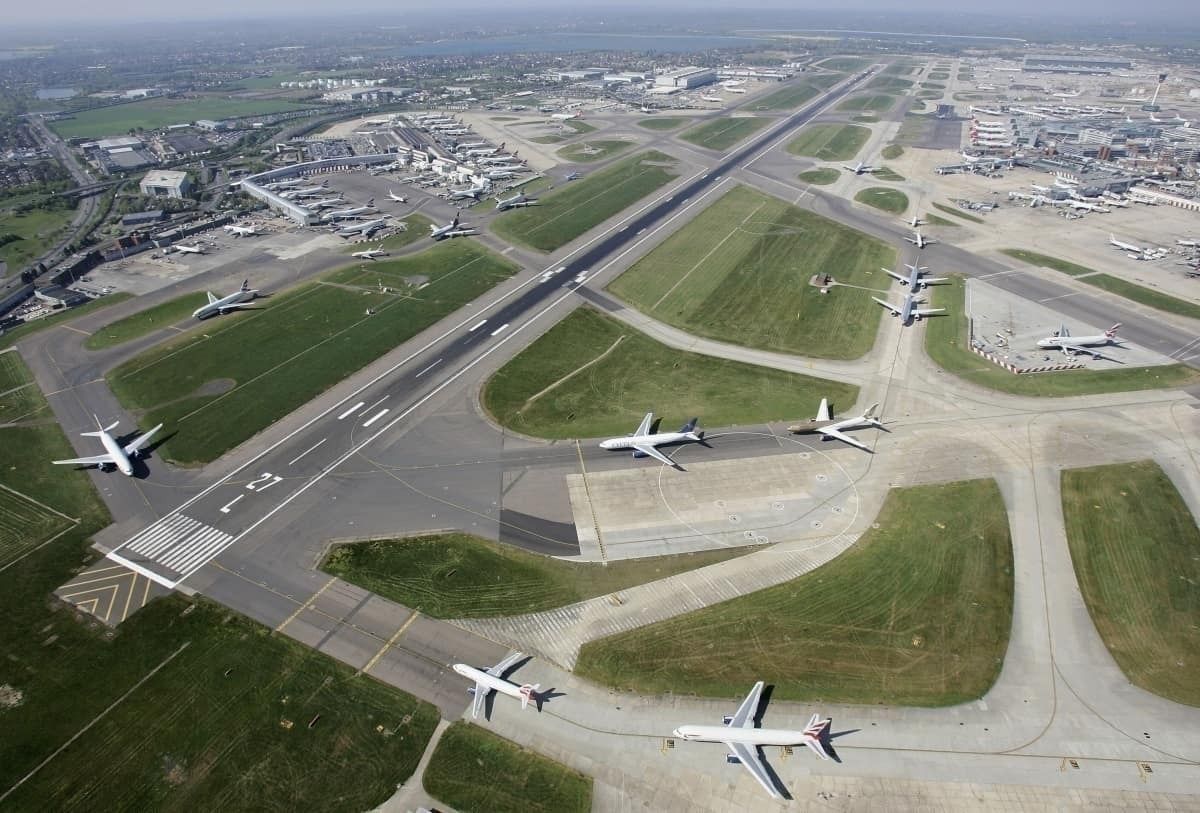Before the coronavirus pandemic stopped virtually all international air traffic, the main issue on the aviation industry’s agenda was how to tackle its CO2 emissions. Has the ability for airlines to achieve this target now changed because of the coronavirus? We caught up with Sarah Leugers, an expert knowledgeable on the CORSIA commitments to find out more.
Is carbon-neutral growth still possible?
Over the past few months, the attention within the airline industry seems to have largely shifted away from pre-COVID-19 environmental commitments. Airlines are strapped for cash and constrained by travel restrictions. The most pressing concern on their mind right now is when and how they can begin to rebuild their business.
That said, airlines must continue to grow with the environment in mind. Even though the process of reducing carbon emissions might seem taxing right now, the slowdown in air traffic activity provides an opportune moment for airlines to focus on their environmental commitments.
With fewer concerns about day-to-day operations, should airlines be using this time to create a more environmentally responsible future?
The IATA wants to change the CORSIA baseline
CORSIA is the Carbon Offsetting Scheme for International Aviation that requires airlines to log their CO2 emissions and work towards a decarbonization of the industry. It includes pledges to invest in more sustainable fuels, newer aircraft, and carbon offsetting projects for passengers. Airlines should now be working toward carbon-neutral growth to reduce CO2 emissions by half of those produced in 2005 by 2050.
However, with the untimely arrival of the coronavirus pandemic, the International Air Transport Association (IATA) has asked the ICAO (International Civil Aviation Authority) to adjust CORSIA baselines. It wants to use the average level of emissions from 2019 to dictate carbon offsets rather than taking 2019 and 2020 levels as the baseline.
On its website, the IATA says,
“If the original methodology is applied, the baseline for the scheme will no longer reflect the target agreed by states at the 2016 Assembly, which IATA fears may lead them to reconsider their support for the scheme...IATA estimates that emissions levels in 2020 could fall by half as demand for air travel collapses, which would lower the overall baseline to levels equivalent to the sector’s emissions in 2014.”
The reason for the IATA’s concern is that incorporating 2020 figures into the baseline could skew targets going forward. It would mean that airlines would need to work even harder to reach what the IATA suggests might be unrealistically low commitments.
It’s unlikely that airlines would be able to change their operations so much to account for those low objectives. As a result, carriers could be left out of pocket through the purchasing of carbon offsets. The IATA says that without this change, some airlines would be forced to purchase “nearly five times as many” carbon offsets to hit their target.
Is this a relaxation of the industry's commitment?
However, while the IATA is setting up the case for the baseline change being more realistic, others view this request as a relaxation of the industry’s commitment. One such organization is the Gold Standard. Founded by the WWF in 2003, Gold Standard is focused on ensuring environmental integrity, safeguarding, and stakeholder accountability. We spoke with its Director of Communications to understand where the focus should be for airlines during this time.
Sarah Leguers told us that now is the time for airlines to be committing to their environmental promises. She said,
“...at a minimum [airlines] should be not lobbying for a relaxation of the rules of [CORSIA]...at a minimum maintaining that level of ambition is required.”
It could be that the coronavirus has dealt some airlines with an opportunity to waive their CORSIA commitments. The struggles of grounded fleets and a severely reduced passenger base mean that airlines could, if they wish, actively choose to distance themselves from the CORSIA measures.
However, this is not the best practice. There is a consensus that the CORSIA regulations do not go far enough to create an ambitious, science-backed initiative.
Advantages of remaining committed to CORSIA
In a typical operating year, the advantages of CORSIA are obvious. Every company, including airlines, has a responsibility to be accountable for the greenhouse gas emissions that they produce. That’s because regardless of where the emissions are created, they spread through the atmosphere and impact us all.
The benefits of CORSIA remain today. However, with the coronavirus, airlines are under added pressure. Yet, it is always vital for airlines to work on lowering their emissions, and environmental responsibility could win them more custom in the future.
For some airlines, the incentive to keep compliant with CORSIA is much higher. easyJet has crafted a brand image around reducing its carbon footprint. In November 2019, the low-cost carrier announced that it would become the first airline to offset all of its carbon emissions completely. A few months later, at the start of 2020, British Airways started doing the same.
Airlines might need some leeway
There is an expectation for airlines to continue to commit to their pre-COVID-19 environmental commitments. That said, it’s apparent that airlines are likely going to need some leeway to make that happen.
One thing they could look at during this time of reduced activity is the effectiveness of their carbon offsetting schemes.
Sarah Leguers told Simple Flying,
“I think the strengths of those [carbon offsetting] programs are that they’re raising awareness for each and every person. You can see it almost as a virtuous circle where the more awareness the passengers have, [the more] they can take accountability for their own impact, but they also have more awareness where they really put pressure on airlines to go further.”
However, the uptake in those passengers that offset their carbon emissions is minimal. Perhaps this could be an area of interest that helps airlines through a financially pressing time when making grand environmental investments might not be most viable.
Should the ICAO ease the CORSIA baseline?
The discussion of the new methodology for calculating the CORSIA baseline is due to happen in June, according to the IATA website. So, will the ICAO be inclined to adjust the measures?
There is reckoning at the moment that it could take some years before the airline industry is back to normal. The financial implications of a future post-coronavirus are already palpable. For this reason, some may argue that the ICAO should relax measures. It would give airlines the chance to get back on their feet and then look to make a significant environmental impact.
However, there are also compelling arguments for the opposite. If the ICAO relaxes CORSIA measures, airlines will be allowed to grow with few environmental constraints. While this could be good for their progression, it would come as a detriment to the environment.
The world already requires a drastic reduction in CO2 emissions to prevent a dangerous climate tipping point once the carbon budget is exceeded. Though airlines only make up 2% of the global greenhouse emission figures, every little helps.
Should airlines use this period of inactivity to strengthen climate change commitments? Let us know in the comments.


